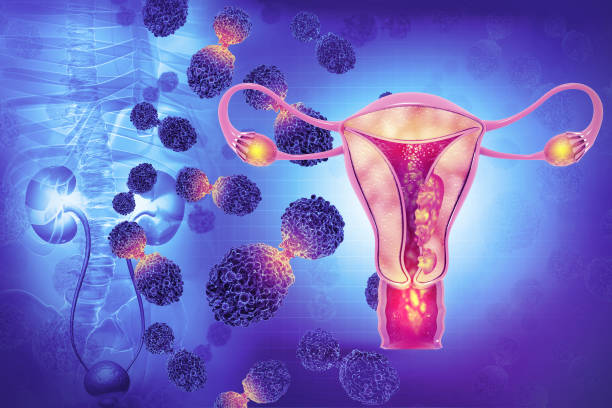Reproductive biology is a dynamic and multidisciplinary field that explores the intricate mechanisms governing the creation of new life. The Reproductive Biology Research Program, or RBRP, is at the forefront of advancing our understanding of this fascinating realm of science. This program delves deep into the world of genes, hormones, and beyond to unravel the complexities of reproduction, from the molecular level to the macroscopic interactions that shape life as we know it.
Genes – The Blueprint of Life
At the heart of the Reproductive Biology Research Program lies a profound interest in genes, the fundamental building blocks of life. The program investigates the genetic underpinnings of reproduction, striving to decipher the mysteries of inheritance, fertility, and reproductive disorders. Understanding the role of genes in reproduction is essential, as it has far-reaching implications for human health, animal breeding, and even endangered species conservation. Researchers in the program use cutting-edge techniques like genomics, transcriptomics, and epigenetics to identify the genes that regulate key reproductive processes. This knowledge enables us to develop targeted interventions for infertility, improve reproductive success in agriculture, and inform conservation efforts for endangered species.

Hormones – Orchestrating the Symphony of Life
Hormones are the chemical messengers that orchestrate the intricate dance of reproductive events. The Reproductive Biology Research Program devotes significant resources to investigating the endocrine system’s role in reproduction. Hormones, such as luteinizing hormone LH, follicle-stimulating hormone FSH, and testosterone, play vital roles in male and female reproductive physiology. Understanding how these hormones function can lead to groundbreaking treatments for infertility and hormonal disorders. The program also explores the impact of environmental factors on the endocrine system. Chemicals in the environment, known as endocrine disruptors, can interfere with hormone signaling, leading to reproductive challenges and developmental abnormalities. RBRP’s research helps inform policy decisions and public health efforts to mitigate the risks posed by these disruptors.
Beyond – From Cells to Ecosystems
The Reproductive Biology Research Program recognizes that the story of reproduction extends far beyond genes and hormones. It encompasses a wide range of scales, from individual cells to entire ecosystems. Researchers within the program investigate how reproductive processes affect and are affected by broader biological contexts. On a cellular level, scientists explore gametogenesis, fertilization, and early embryonic development. Understanding the intricacies of these processes is crucial for assisted reproductive technologies ART and in vitro fertilization IVF procedures, which have helped countless couples overcome infertility.
Interdisciplinary Collaboration
The Reproductive Biology Research Program’s strength lies in its interdisciplinary approach. Researchers from diverse backgrounds, including genetics, endocrinology, embryology, ecology, and bioinformatics, collaborate to unravel the complex web of reproductive biology. This interdisciplinary synergy fosters a holistic understanding of reproduction, leading to innovative solutions to pressing reproductive issues.
The Reproductive Biology Research Program is a testament to the boundless curiosity and dedication of scientists who seek to unravel the mysteries of genes, hormones, and beyond ad click here. By investigating the genetic, hormonal, and ecological aspects of reproduction, this program makes significant contributions to human health, animal welfare, and conservation efforts. As the world continues to evolve, the knowledge and discoveries generated by the RBRP will undoubtedly shape the future of reproductive biology, ensuring that the miracle of life remains an enduring fascination for generations to come.



